Royal Honour as leading researcher awarded Polar Medal
Professor John Woodward of Northumbria University has been awarded The Polar Medal in recognition of his outstanding work and contribution to UK scientific knowledge of the polar regions.

Professor John Woodward of Northumbria University has been awarded The Polar Medal in recognition of his outstanding work and contribution to UK scientific knowledge of the polar regions.

Northumbria University has been rated as ‘1st class’ for sustainability and is once again the highest ranked university in the North East of England in the latest People & Planet University League table.

A Northumbria University research project has been highly commended at the 2025 Green Gown Awards – one of the most prestigious sustainability awards in the global education sector.

Research led by polar scientists from Northumbria University has revealed new hope in natural environmental systems found in East Antarctica which could help mitigate the overall rise of carbon dioxide in the atmosphere over long timescales.

Melt from ice sheets on Earth is already contributing to flooding across the globe and is expected to increase in the coming decades. Adaptation to reduce the destructiveness of future sea level rise is under way and depends critically, inch by inch, on the work of a newly-funded, international group of polar scientists.

Global fashion leaders gathered at Northumbria University to address textile microfibre pollution through a research collaboration with The Microfibre Consortium and Fashion for Good. The Behind the Break project analyses fibre shedding, emphasising science-led solutions and sustainable practices to mitigate environmental impact from textiles.

Researchers are set to shine a different kind of light on the farming industry after receiving funding to explore how fluorescent materials used in TV and phone screens can be used to detect the presence of pesticides and herbicides in food production.
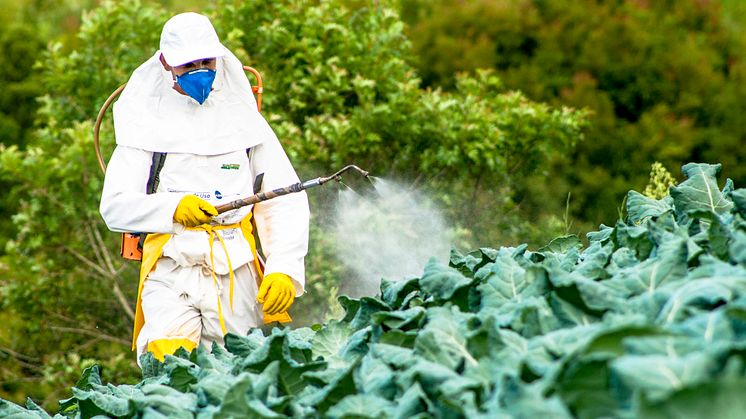
Dr. Pete Howson from Northumbria University is researching the impact of UK spaceports on local communities and environments, advocating for ethical development in the burgeoning NewSpace industry while aiming to balance commercial opportunities with social justice and sustainability concerns.
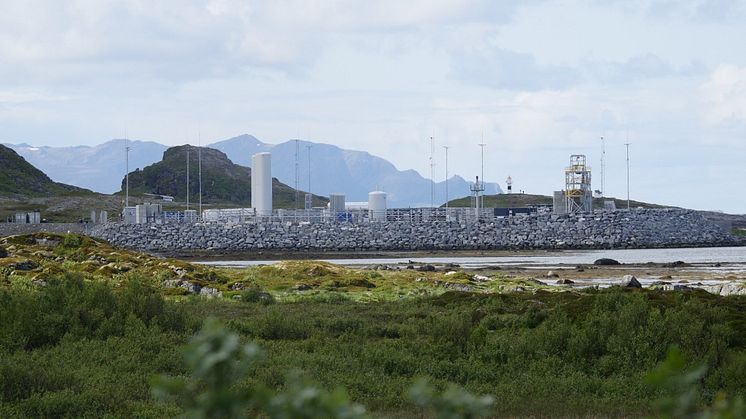
Scientists have found evidence that the Asian continent was free of permafrost all the way to its northerly coast with the Arctic Ocean when Earth’s average temperature was 4.5˚C warmer than today, suggesting that the whole Northern Hemisphere would have also been free of permafrost at the time.
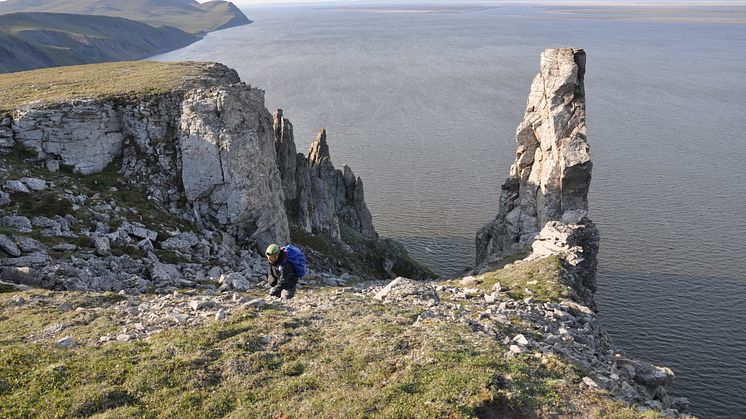
In this article originally written for The Conversation*, Dr Muhammad Wakil Shahzad, Associate Professor and Head of Subject, Mechanical and Construction Engineering at Northumbria University, discusses a possible solution to the environmental impact of AI data centres.

Northumbria University has been ranked top 10 in the UK and among the top institutions in the world for sustainability in the Times Higher Education Impact Rankings 2025.
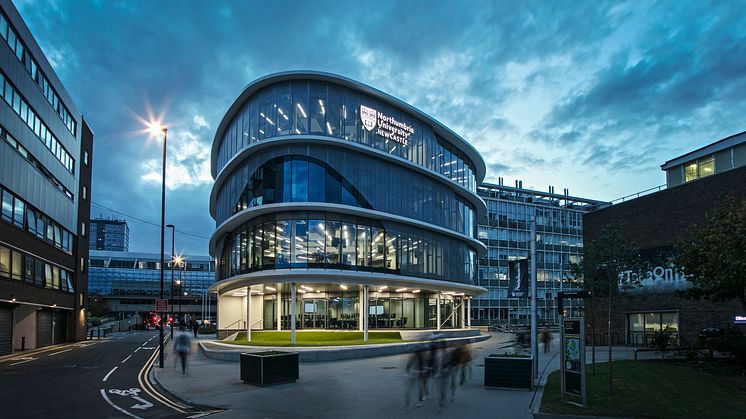
Academics from Northumbria University and University College London have collaborated on a prestigious pavilion exhibition at the 2025 London Design Biennale, exploring an emerging field which intertwines biology with architecture.
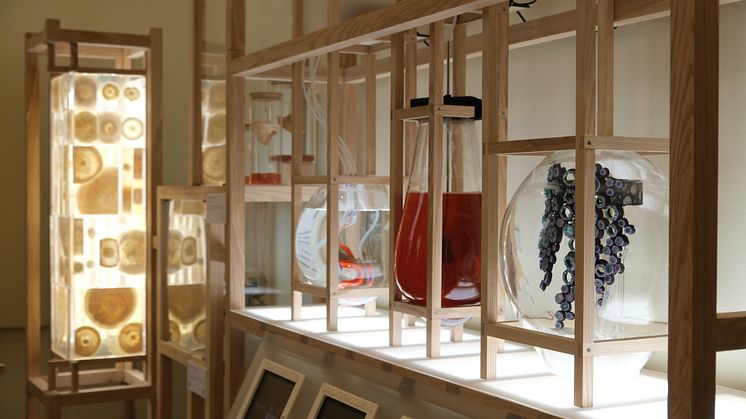
The team behind a circular economy initiative aimed at tackling plastic pollution, which includes experts from Northumbria University, is celebrating the launch of a toolkit designed to provide practical guidance on setting up recycling schemes across the world.

A new study has revealed that one of the driest areas on Earth – the Saharo-Arabian Desert – enjoyed periods of green, humid weather over the last 8 million years.

An energy-efficient cooling system developed by scientists at Northumbria University has been crowned one of the most ground-breaking innovations of the year.

Analysis of fossilised rocks known as stromatolites from more than two-and-a-half billion years ago has provided new insights into the conditions on Earth before the evolution of oxygen.
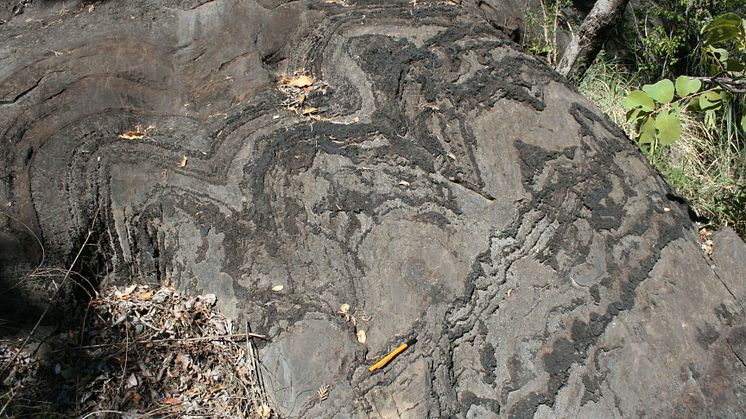
A leading expert in planning policy at Northumbria University has delivered evidence to help shape the future reform of the National Planning Policy Framework.
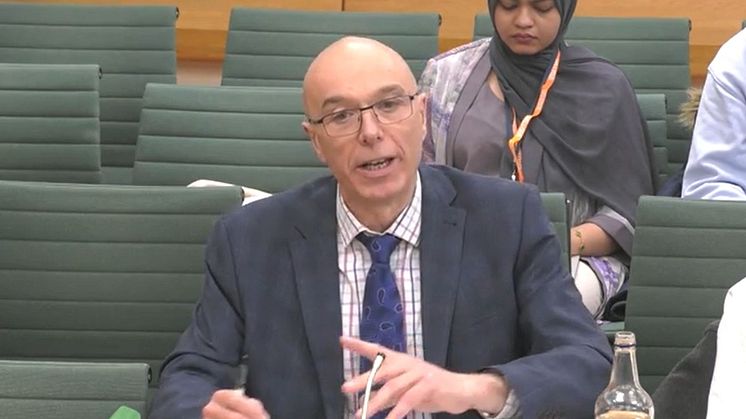
A team of researchers are investigating the impact of retrofitting houses to make them more energy efficient on the health and wellbeing of residents in Newcastle.

Academics from Northumbria University are part of an international research team which has used data from satellites to track changes in the thickness of the Greenland Ice Sheet.
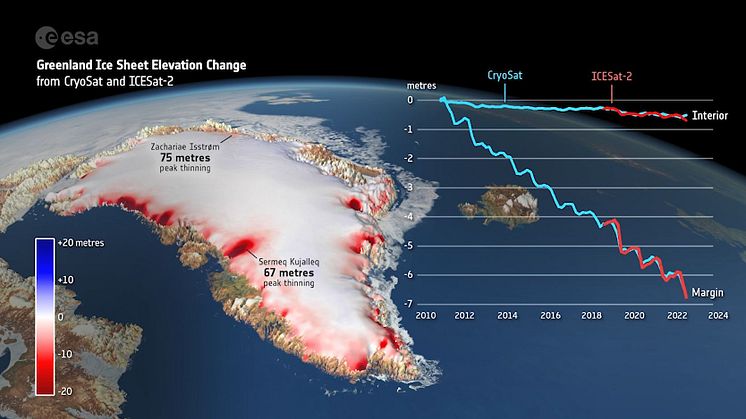
In response to increasing frequency of extreme heatwaves in Pakistan, an international research initiative has been awarded £2.8 million by UK Research and Innovation (UKRI) to develop energy-efficient cooling technologies that could save lives and reduce environmental impact.
